HS-ESS3-6
Use a computational representation to illustrate the relationships among Earth systems and how those relationships are being modified due to human activity.
-
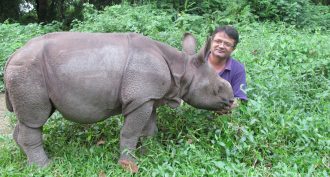 Animals
AnimalsRare as a rhino
Most species are rare. Some have always been rare. A problem develops when people are responsible for accelerating a species’ rarity to the point that extinction threatens.
-
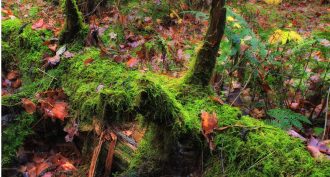 Microbes
MicrobesRecycling the dead
When things die, nature breaks them down through a process we know as rot. Without it, none of us would be here. Now, scientists are trying to better understand it so that they can use rot — preserving its role in feeding all living things.
-
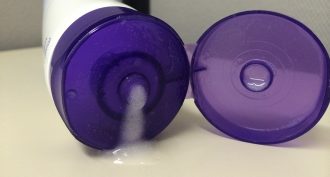 Earth
EarthMailing off my microbeads
I was shocked to find out that my face wash contains plastics that might possibly harm marine creatures. So I’m donating it to science.
-
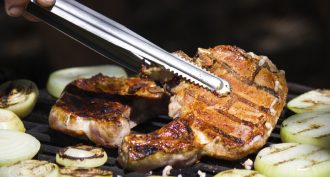 Agriculture
AgricultureYour food choices affect Earth’s climate
Producing food can put a lot of climate-warming pollutants into the atmosphere. But some foods, especially meats, contribute more than others.
By Janet Raloff -
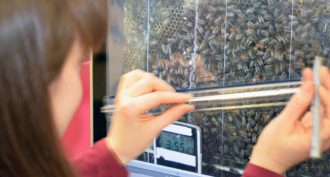 Animals
AnimalsDecoding bee dances
Biologists have started eavesdropping on bees — or their dancing sign language — to identify where these buzzers prefer to forage. This info is pointing to which bee-friendly habitats may be most important to preserve.
-
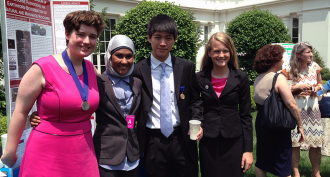
Science stars are on display at the White House
One hundred students from 30 states participated in the fourth annual White House Science Fair in Washington, D.C.
-
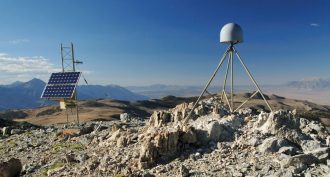 Earth
EarthThirst for water moves and shakes California
Here’s a scary cost to pumping up groundwater to slake the thirst of crops in California’s Central Valley: It may uplift nearby mountains and trigger tiny earthquakes, experts find.
-
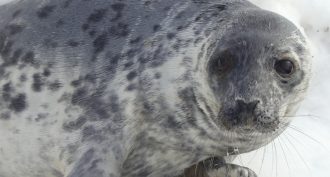 Microbes
MicrobesArctic thaw is spreading wildlife diseases
Polar animals are encountering new, killer parasites as melting ice unlocks their access to new hosts.
-
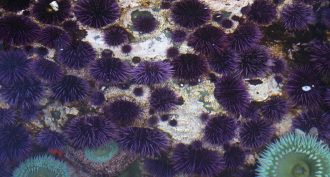 Life
LifeCaught in the act
Scientists observe some evolutionary speed demons as they adapt over the course of just a few years to new environmental conditions.
-
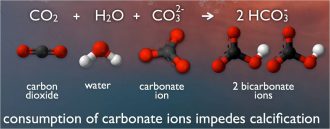 Chemistry
ChemistryExplainer: Ocean acidification
Here’s why shellfish and other animals in the sea suffer when the ocean is forced to absorb too much carbon dioxide.
-
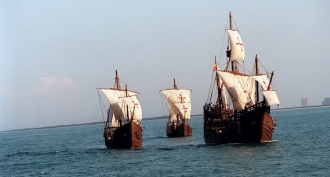 Climate
ClimateDid Columbus contribute to a Little Ice Age?
Scientist shows a surprising link between the explorer and a dip in temperatures.
-
 Chemistry
ChemistryDEET confuses mosquitoes
Scientists suspect the repellant messes with a mosquito’s sense of smell.